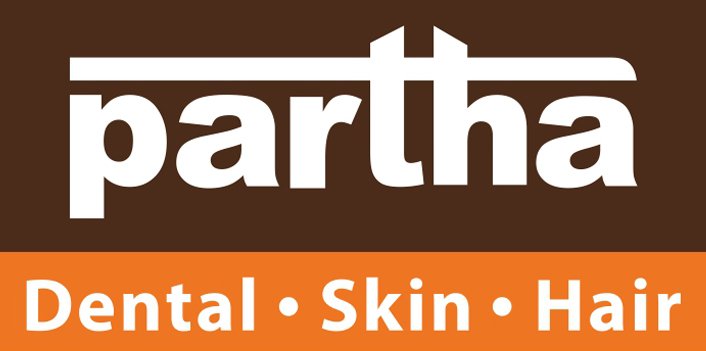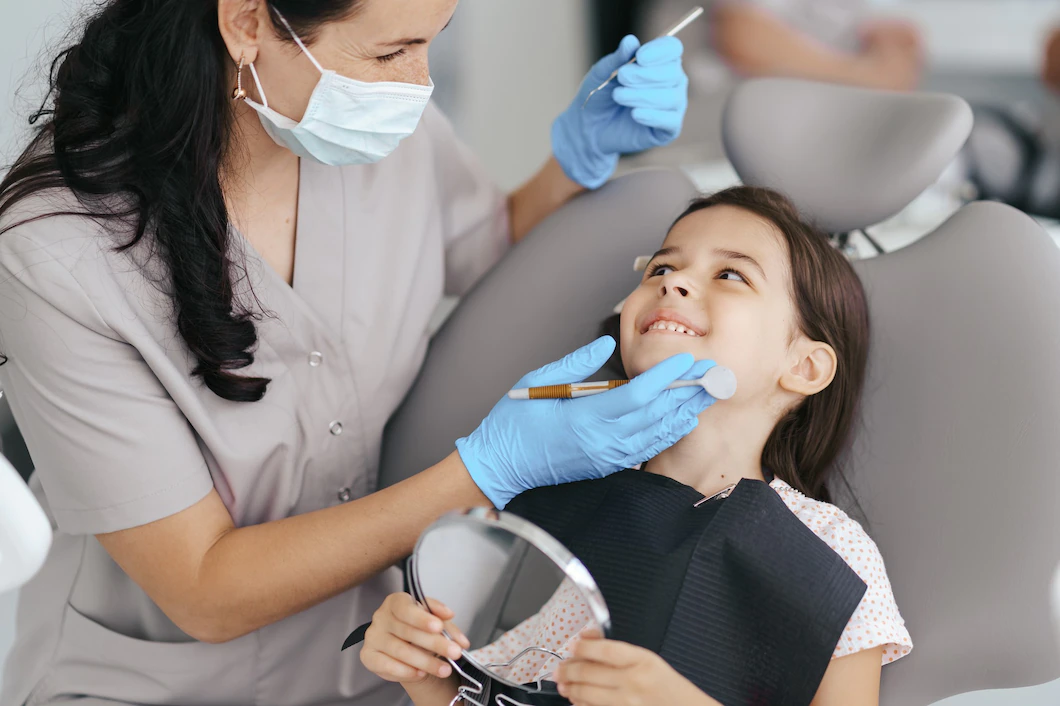Everyone should have access to dental care, including those with special needs
Children with special needs may have physical, mental, behavioral, cognitive, or emotional impairments. They frequently struggle with daily activities such as oral hygiene rituals. Due to a lack of awareness, dental care is also neglected in children. an overly caring nature, or a greater focus on more urgent medical needs. These factors raise the child’s risk of developing oral diseases throughout his or her life.
If you are a parent of a special-needs child, here are some things to think about for your child’s dental care.
What are the most common disorders in special-needs children?
The dental status of special-needs children is related to their disabilities. The following are some of the most common disorders seen in children with special needs:
- Anxiety, attention deficit hyperactivity disorder (ADHD), and autism are examples of behavioral
- Down syndrome and congenital heart disease are examples of congenital disorders.
- Cerebral palsy and other developmental disorders.
- Intellectual disability is an example of a cognitive disorder.
- Systemic diseases, such as sickle cell disease and childhood cancer, Amelogenesis imperfect, Dentinogenesis imperfect, cleft lip, cleft palate, and oral cancers are all examples of orofacial defects.
What are the most common oral diseases among children with special needs?
Parents should be aware of the following oral problems in children with special needs:
Thin or no enamel on the tooth surface is an indication of enamel hypoplasia. Teeth with this condition have white spots or yellow to brown stains, pits, grooves, and chipped enamel. Enamel hypoplasia is more common in children with genetic syndromes. developmental defects, or low birth weight.
Dental Defects: – Children with special needs are more likely to have tooth defects during their developmental stages. This causes variations in size, shape, number of teeth present, and arch form. A delay in tooth emergence may occur in some children, especially those with Down syndrome or other genetic problems. These variations impair children’s aesthetics and functions.
Children with mental illnesses, cerebral palsy, or other craniofacial deformities may have crowded or misaligned teeth. The relationship between the upper and lower jaws is harmed by harmony between the extraoral and intraoral muscle systems. This results in crowded teeth, open bite (inability of upper and lower teeth to touch), a crossbite (upper teeth fitting inside lower teeth), or tooth spacing.
- Gum diseases are common in children with special needs. This is due to poor oral hygiene or the presence of misaligned teeth, which makes it difficult to brush teeth properly.
- Trauma: Children with special needs frequently have seizures, have delayed milestones, have poor muscle coordination, and have abnormal reflexes. These conditions can lead to frequent falls, which can cause damage to the oral and facial structures.
- Bruxism is the involuntary grinding of teeth while sleeping. It is common in children with cerebral palsy and other mental health issues. Grinding your teeth regularly causes enamel loss. tooth wear, and gum disease. Children frequently complain of tooth sensitivity, headaches, pain, and difficulty chewing food.
- Tooth decay: Children who have crooked teeth or hypoplasia of the enamel are more likely to get tooth decay. These children’s dexterity limits their ability to brush their teeth. Unhealthy eating habits and medication-induced dryness of the mouth increase the risk of decay.
How can special-needs children’s dental health be improved?
By taking preventive measures, the dental health of kids with special needs can be enhanced. and visiting a pediatric dentist regularly.
Preventive measures include:
- From the third month of life, wipe the gums of a special needs infant with a damp cloth or gauze.
- To reduce the risk of developing early childhood decays, avoid leaving a sleeping child with a bottle of milk.
- Brush the baby’s teeth with a small, soft toothbrush.
- Brush the child’s teeth twice daily with a pea-sized amount of toothpaste once teeth begin to erupt in the mouth.
- To reduce the occurrence of cavities, use fluoridated toothpaste.
- After each meal or snack, rinse the child’s mouth.
- Examine the child’s ability to clean his or her teeth. If not, assist the child in thoroughly brushing his or her teeth.
- If a child is unable to hold a toothbrush properly, use tape to strengthen the grip on the toothbrush handle or use specially-shaped brushes.
- Transferring anything from one’s mouth to a child’s mouth is not recommended because it may spread cavity-causing germs.
- Give the child a nutritious and well-balanced diet.
- Avoid eating junk food or sugary foods (e.g., candy, sticky chocolates, soda) that increase the risk of tooth decay.
- Regular dental checkups are very important.
Finally, regular appointments seem to work better at building trust between the patient and the dental team than long appointments at irregular intervals.
Partha Dental is well-equipped to deal with patients with special needs too.
Contact Us Today
If you’re searching for the best dental clinic, look no further than Partha Dental. We are dedicated to providing an optimal dental experience and helping you achieve a healthy and beautiful smile. Contact us today through our website or by calling our number to schedule an appointment. Our friendly team is ready to assist you and provide the dental care you deserve. Trust us as your partner in oral health and experience the difference of the Best Dental Clinic Near me.




